Liberation Theology
for Armchair Theologians
Also available in the Armchair Theologians series
Aquinas for Armchair Theologians by Timothy M. Renick
Augustine for Armchair Theologians by Stephen A. Cooper
Barth for Armchair Theologians by John R. Franke
Bonhoeffer for Armchair Theologians by Stephen R. Haynes and Lori Brandt Hale
Calvin for Armchair Theologians by Christopher Elwood
Heretics for Armchair Theologians by Justo L. Gonzalez and Catherine Gunsalus Gonzalez
Jonathan Edwards for Armchair Theologians by James P. Byrd
John Knox for Armchair Theologians by Suzanne McDonald
Luther for Armchair Theologians by Steven Paulson
Martin Luther King Jr. for Armchair Theologians by Rufus Burrow Jr.
The Reformation for Armchair Theologians by Glenn S. Sunshine
Wesley for Armchair Theologians by William J. Abraham
Liberation Theology
for Armchair Theologians
M IGUEL A. D E L A T ORRE
I LLUSTRATIONS BY R ON H ILL
2013 Miguel A. De La Torre
Illustrations 2013 Ron Hill
First edition
Published by Westminster John Knox Press
Louisville, Kentucky
13 14 15 16 17 18 19 20 21 2210 9 8 7 6 5 4 3 2 1
All rights reserved . No part of this book may be reproduced or transmitted in any form or by any means, electronic or mechanical, including photocopying, recording, or by any information storage or retrieval system, without permission in writing from the publisher. For information, address Westminster John Knox Press, 100 Witherspoon Street, Louisville, Kentucky 40202-1396. Or contact us online at www.wjkbooks.com.
Unless otherwise indicated, Scripture quotations are the authors own translation.
Book design by Sharon Adams
Cover design by Jennifer K. Cox
Cover illustration: Ron Hill
Library of Congress Cataloging-in-Publication Data
De La Torre, Miguel A.
Liberation theology for armchair theologians / Miguel De La
Torre; illustrations by Ron Hill. First [edition].
pages cm. (Armchair theologians series)
Includes bibliographical references and index.
ISBN 978-0-664-23813-1 (alk. paper)
1. Liberation theology. I. Title.
BT83.57.D4 2013
230'.0464dc23
2013019812

The paper used in this publication meets the minimum requirements of the American National Standard for Information SciencesPermanence of Paper for Printed Library Materials, ANSI Z39.48-1992.
Most Westminster John Knox Press books are available at special quantity discounts when purchased in bulk by corporations, organizations, and special-interest groups. For more information, please e-mail .
To
those who are misinformed
about liberation theology
Contents
I am amazed at the misinformation surrounding liberation theology. Both the theology and the religious movement associated with it have been demonized by religious institutions (including churches), the media, and governments. To have theological disagreements would not warrant much concern if it were not for the fact that multitudes throughout the world who have expounded liberative theological thoughts have been killed or have disappeared. What is it about liberation theology that has led many to their graves? Why is this theological perspective deemed so dangerous? Why have governments, including that of the United States, committed so many resources to bring about its obliteration? Not since the Roman persecutions of the early Christian church have large numbers of believers in Christ been so frequently martyred by the state for holding a particular theological perspective.
No doubt, the strong negative reaction against the many manifestations of liberation theology by the privileged and powerful indicates its revolutionary nature. But liberation theology is not revolutionary as that term is usually defined by our society. What makes liberation theology truly radical is its focus on the poor, the marginalized, the dispossessed, and the disenfranchised. While most theologies are developed by religious leaders and academicians, liberation theology attempts to reflect upon the divine as understood from the underside of history. In it, the everyday trials and tribulations of the voiceless become the source for the voice of God.
Liberation theology is so dangerous because it disrupts a religious and political worldview that supports social structures that privilege the few at the expense of the many. Ignorance of the causes of oppression is crucial to maintaining this worldview. But as the consciousness of the oppressed begins to be raised, as they begin to see with their own eyes that their repressive conditions are contrary to the will of God, the power and privilege of the few who benefit from the status quo is threatened. For this reason, liberationist theological thought must be suppressed, by whatever means necessary.
One of the most effective ways to combat liberationist theological thought is through misinformation. For this reason, a short introduction to the theology and movementsuch as the book you hold in your handsis important. My motive in writing this book was to combat the misunderstanding surrounding liberation theology, but I have found that writing for the Armchair series has been a personally fulfilling process. I am grateful to the series editor, Don McKim, for the invitation to participate. Also, I wish to thank my administrative assistant, Debbie McLean, who proofread these pages, and my research assistants, Becky Chabot and Sarah Neeley, who proofread the final galleys. And if it wasnt for the love and support I receive from my wife, Deb, none of my books would have been possible.
Wherever oppression resides, one can also find resistance. This resistance, this cry for freedom, uttered from the depths of the inhuman condition in which vast segments of the worlds population have been forced to live throughout history, becomes a cry that Christian churches must hear if they wish to remain faithful to the good news. For Christians, Jesus came so that all can have life and have it abundantly (John 10:10). Any theology that instead brings or is complicit with death is by definition satanic. The promise of the abundant life is not for some messianic future; it is for the here and now. Yet as we read news reports filled with stories of decimation, discrimination, disenfranchisement, and dispossession, we are left wondering where this abundant life is that our faith promises.
Jesus promise of an abundant life remains beyond the grasp of most of the earths people due in part to a disproportionate distribution of natural resources. The globalization of the economy, coupled with the military strength of a few nations (especially the United States), ensures and maintains a continual flow of cheap labor and raw materials to a privileged minority of the worlds population. Not surprisingly, the rich get fewer yet wealthier, while the poor continue to grow as they slip into greater poverty. Ironically, those who benefit from these arrangements have constructed a type of Christianity that justifies global structures responsible for much of the worlds economic misery.
Any armchair historian knows that our Christian story is full of atrocities committed in the name of Jesus. From the inquisition to witch burnings, from the crusades to the colonial ventures of civilizing and Christianizing the so-called heathens, the story of our faith is one of imposing oppressive structures to force others to believe and accept the same doctrines that justify the power and privilege of whatever culture is ruling. All too often, churches have stood in solidarity with the presiding political powers to carve an influential space for themselves in the nations public arena.


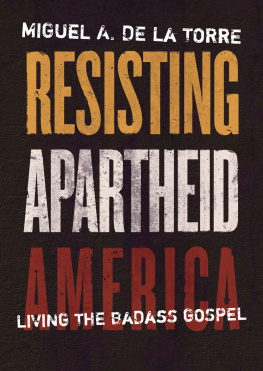
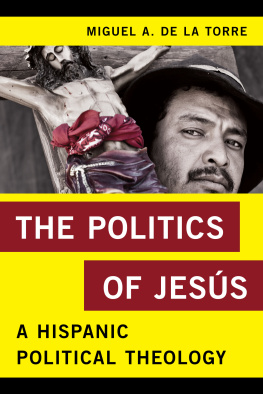
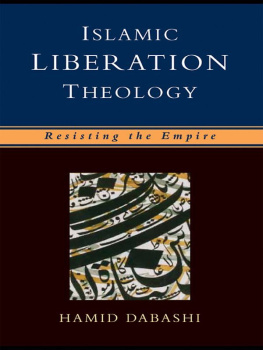
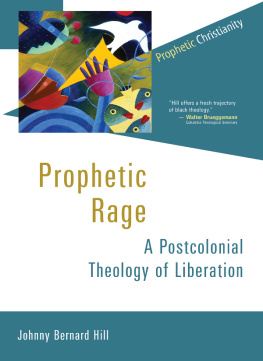
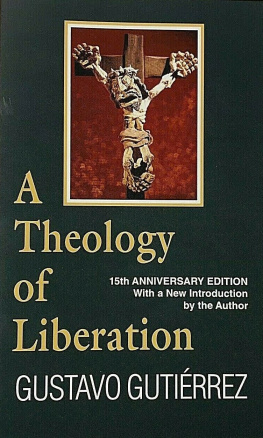
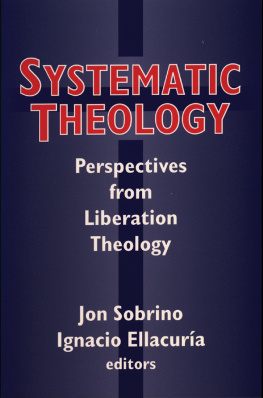

 The paper used in this publication meets the minimum requirements of the American National Standard for Information SciencesPermanence of Paper for Printed Library Materials, ANSI Z39.48-1992.
The paper used in this publication meets the minimum requirements of the American National Standard for Information SciencesPermanence of Paper for Printed Library Materials, ANSI Z39.48-1992.